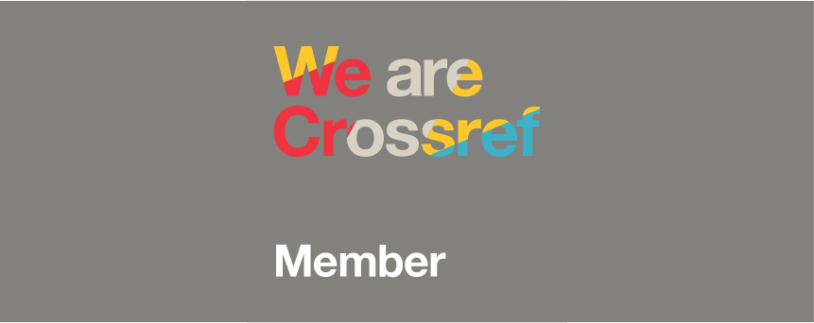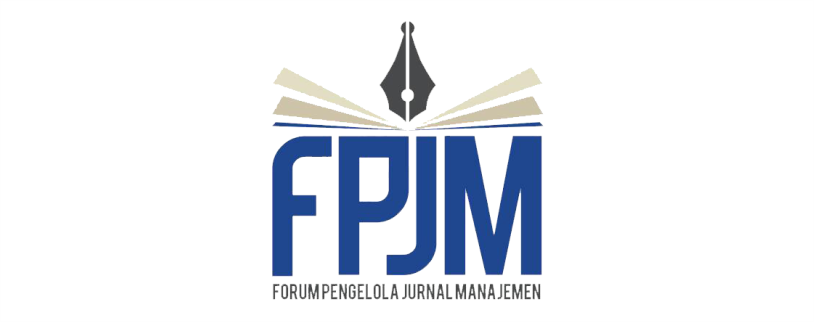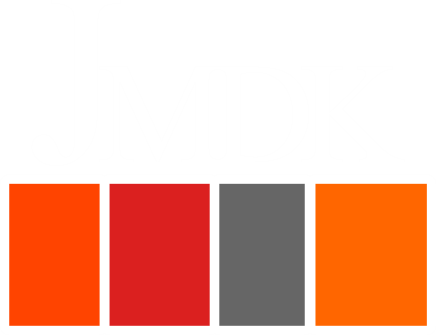Perilaku Generasi Milenial dalam Menggunakan Aplikasi Go-Food
DOI:
https://doi.org/10.26905/jmdk.v6i2.2560Keywords:
Behavior, Go-food, Millennial GenerationAbstract
In era of industry 4.0 revolution, the development of information technology makes the   lifestyle changes of modern generation (millennial generations born between 1980 to 2000). This aims of this study is to analyze how the behavior of millennial generations in using Go-food applications. The characteristics of the millennial generation in this study are: 1) user generated content (UGC); 2) take advantage of technology and information; 3) consumptive behavior; 4) tends lazy. The data analysis uses a descriptive analysis and  linear regression analysis. The results of data  analysis show that: 1) the millennial generation's  decision to use Go-food applications is influenced by behavior of  millennial generation; and 2) millennial generation's behavior which has a dominant influence in making decision to use Go-food appications  is consumptive behavior.
https://doi.org/10.26905/jmdk.v6i2.2560
Â
Â
Downloads
References
Atmosudirdjo, Prajudi. (1987). Beberapa Pandangan Umum Tentang Pengambilan Keputusan : Decision Making. Jakarta : Ghalia Indonesia.
Belajarpsikologi.com. (2008). Cara mengatasi penyakit malas. http://belajarpsikologi.com/cara-mengatas-penyakit-malas/.
Boston Consulting Group (BCG) bersama University of Berkley. (2011). American Millennials: Deciphering the Enigma Generation.
Cushing, Barry E. (1974). Accounting Information System and Business Organization, Philippines. Addison Wesley Publishing Company.
Departemen Pendidikan Nasional. (2002). Kamus Besar Bahasa Indonesia. Edisi ke-3. Balai Pustaka, Jakarta. Gramedia.
Djoyohadikusumo. (1994). Pengertian Teknologi. Jogyakarta. BPFE.
Hidayatullah. Waris, et al. (2018). Eksistensi Transportasi Online (Go Food) Terhadap Omzet Bisnis Kuliner Di Kota Malang. Seminar Nasional Sistem Informasi 2018 Fakultas Teknologi Informasi. UNMER Malang.
Hitss.com. (2016). Kenali Lebih Jauh Karakteristik Generasi Millennial Lewat 7 Poin Ini. https://www.hitsss. com/kenali-lebih-jauh-karakteristik generasi-millennial-lewat-7-poin-ini/.
Hipwee.com. (2017). Inilah 5 Ciri Generasi Millennial yang Sebenarnya, Sulit sih Buat Nggak Mengakui. https://www.hipwee.com /feature/inilah-5-ciri-generasi-millennial-yang-sebenarnya-sulit-sih-buat-nggak-mengakui/
Lancaster, L. C., & Stillman, D. (2002). When Generations Collide: Who They Are. Why They Clash. How to Solve the Generational Puzzle at Work. New York: HarperCollins.
Majalahfrancise.com. (2017). Memanfaat-kan Go-Food sebagai Layanan Food Delivery.https://www.majalahfranchise.com/article/306/memanfaatkangofood – sebagai – layanan – food delivery.
McLuhan, Marshall. (1962) The Gutenberg Galaxy: The Making of Typographic Man. London & NewYork. Gingko Press.
Pew Research Center. (2010). Millennials: A Portrait of Generation Next.
Sugiyono. (2010). Metode Penelitian Pendidikan Pendekatan Kuantitatif, kualitatif, dan R&D. Bandung.
Alfabeta.
Sumartono. (1998). Pengaruh Terpaan Iklan Shampoo di Televisi Terhadap Sikap dan Perilaku Konsumtif Remaja. Bandung. PPS-Unpad.
Soebiakto, Ben. (2018). Alasan Generasi Milenial Lebih Konsumtif. https:// www.cnnindonesia.com/gayahidup/ 20180418215055-282291845/ alasangenerasi-milenial-lebih-konsumtif
Yuswohady. (2016). Millennial Trends 2016.http://www.yuswohady.com/2016/01/1 7/millennial-trends-2016/.
Downloads
Published
Issue
Section
License
Authors who publish with this journal agree to the following terms:
(1)Â Copyright of the published articles will be transferred to the journal as the publisher of the manuscripts. Therefore, the author confirms that the copyright has been managed by the journal.
(2) Publisher of Jurnal Penelitian is University of Merdeka Malang.
(3) The copyright follows Creative Commons Attribution–ShareAlike License (CC BY SA): This license allows to Share — copy and redistribute the material in any medium or format, Adapt — remix, transform, and build upon the material, for any purpose, even commercially.












